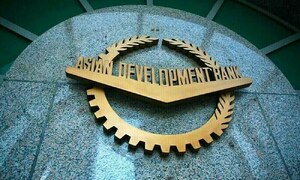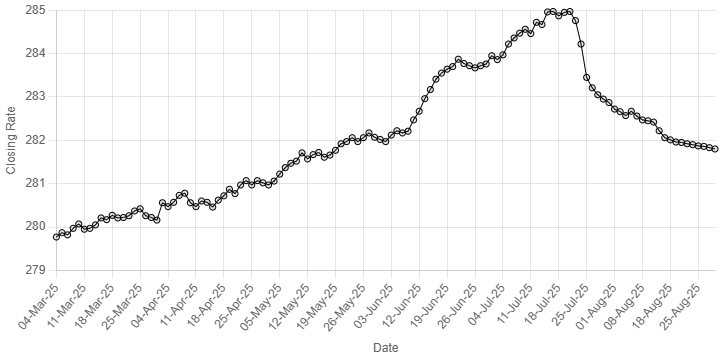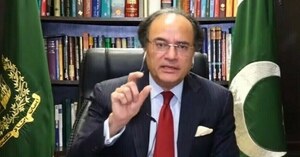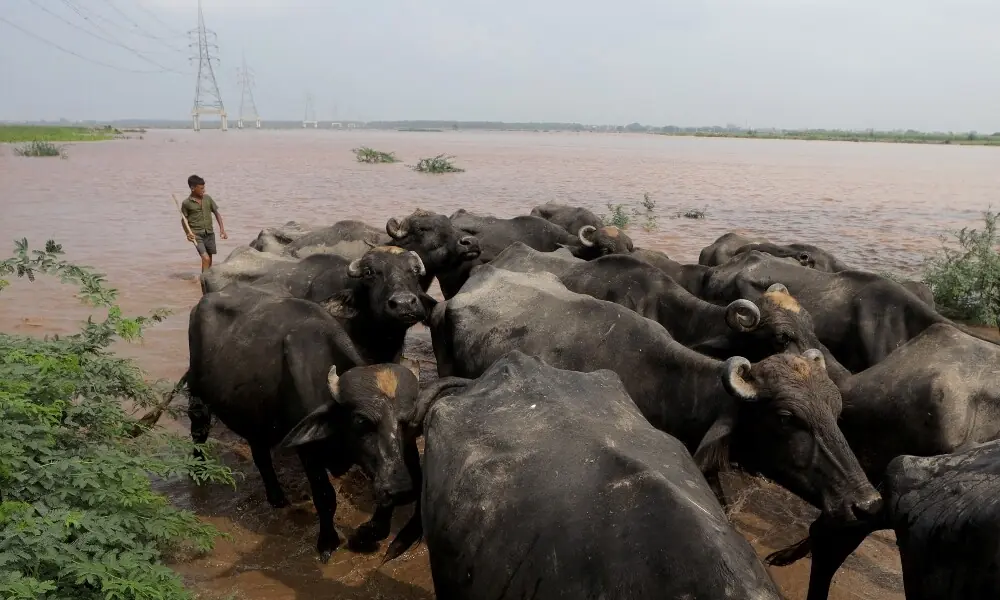Afiatu Guindo often wonders if she made the right decision when she brought her six children to share a one-room apartment in Mali's capital, Bamako, far from home. When she sleeps, surrounded by her children, she dreams of returning to Niafunke, the town in northern Mali that she fled.
"Leaving was not an easy choice, it was an obligation. I never wanted to leave, but I did it for my children," she says. "The war made life hard there, but if I didn't have children, I might not have left." In March Niafunke, a town in the Timbuktu region about 1,400 kilometres north of Bamako, was captured by the Tuareg Movement for the Liberation of Azawad (MNLA) after local authorities had fled, but al Qaeda in the Islamic Maghreb (AQMI) retook it in May.
The insurgents established an Islamic state in the north and introduced strict sharia law. Guindo used to work as a market trader. But as a single, divorced woman, she was no longer allowed in public on her own. "I wasn't able to do any business, I couldn't go to the market, and I couldn't go to the village," says Guindo. "It made life almost impossible."
It was when the AQMI also closed the schools seven months ago that Guindo saw no choice but to spend her savings to travel south to Bamako. Here, she has found education and safety for her children, but little else. "I'm not happy in Bamako, I'm happy in the north," says Guindo. Since armed rebel groups took over the northern half of Mali in January 2012, more than 230,000 people have been displaced throughout the country, and an estimated 80 per cent are women and children.
Although Guindo is registered with the International Organisation for Migration in Mali, she says she has so far received help from neither the government nor humanitarian aid agencies. Like most of the estimated 50,000 displaced people in Bamako, she is unable to find work, and does not know how to provide for her family until she goes home.
The United Nations High Commissioner for Refugees (UNHCR) says it plans to create "income generating activities" for displaced people in Bamako but it is waiting to receive funding. "(The displaced persons) want the authorities to return as soon as possible to establish a political structure, and for the schools to function again," says Helene Caux, a UNHCR spokesperson in Mali.
"Unless these structures are all back to functioning, many will not return. The situation is also still very fluid and volatile in terms of security." The militias reportedly looted and destroyed health facilities after they took control of the north, making it difficult for displaced people to return. According to an assessment of the International Medical Corps in the northern city of Timbuktu, for instance, two out of three clinics had been looted by the MNLA in April.
"Water and electricity systems (were) destroyed, equipment stolen, doors smashed in," the organisation's emergency co-ordinator Sean Casey told dpa. "The few staff that are present are not receiving salaries, and the drug supplies are inconsistent at best." In addition to health concerns, UNHCR warns that returnees will face high food prices, few services, and possibly destroyed houses.
Returning families, as much as those who are still displaced, lack food and basic necessities. "As for the families who never left, they have no more resources to share," the International Committee of the Red Cross said in a recent press release. Though the French and Malian armies have now secured most of the major urban centres, road transportation is still largely blocked.
Organisations are preparing for the possible return of thousands of conflict-displaced people in the north, but humanitarian access to previously rebel-held territories is still hindered. Although there have been reports about schools slowly opening up in major cities, including liberated Gao, Guindo's children must complete their school term in Bamako. This leaves the family stranded for months to come. "If peace is restored, I will return because life in Bamako is not easy," Guindo says. "If I had the means, I would return tomorrow."
BR100
15,085
Increased By
112.5 (0.75%)
BR30
44,012
Increased By
987.7 (2.3%)
KSE100
148,618
Increased By
1274.3 (0.86%)
KSE30
45,248
Increased By
370.7 (0.83%)





















Comments
Comments are closed.